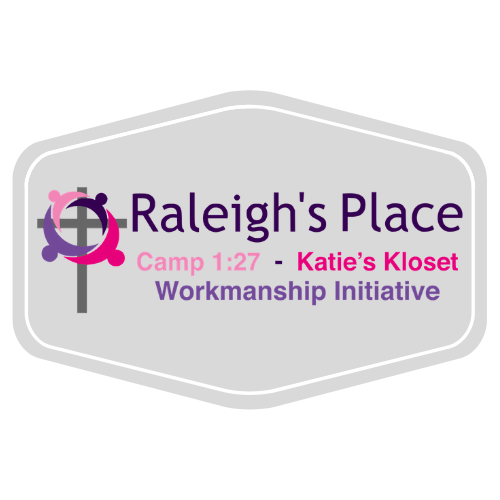The foster care crisis in our country isn’t just a government issue—it’s a Church issue. Right now, there are more children in need of safe, loving homes than there are families to care for them. Social workers are overburdened. Biological families are in crisis. Foster families are overwhelmed. And children are the ones caught in the middle.
But there is good news: God’s people are perfectly positioned to make a difference.
When the Church rises to meet this need, not only are lives changed—but the gospel is made visible. This is our moment to stand in the gap.
What Does It Mean to “Stand in the Gap”?
In Scripture, standing in the gap means interceding—stepping in to protect, to advocate, to repair what is broken. In Ezekiel 22:30, God searched for someone “to stand in the gap on behalf of the land,” but found none. May that never be said of the Church today when it comes to children in foster care.
We stand in the gap when we say, “You are not alone. We will carry your burdens with you.”
5 Ways the Church Can Make a Difference
1. Raise Awareness in the Congregation
Many believers have never been exposed to the realities of foster care. Host a foster care awareness Sunday, share testimonies from foster families, or invite organizations like Raleigh’s Place to speak. Education leads to action.
2. Wrap Around Foster Families
Foster families need support systems. Churches can create “wrap-around teams” to provide:
- Meals during placements
- Childcare or babysitting
- Help with housework or errands
- Encouragement through prayer and check-ins
When foster families feel supported, they are more likely to continue—and thrive.
3. Champion Reunification with Grace
While adoption is sometimes the outcome, the primary goal of foster care is often reunification. That means loving not just the child, but also their birth family. Churches can help by:
- Praying for and encouraging birth parents
- Offering parenting classes or mentoring
- Extending grace and support without judgment
God’s desire is restoration. Our hearts should reflect that.
4. Empower Volunteers and Mentors
Not everyone is called to foster—but everyone can serve. Churches can raise up:
- Mentors for teens aging out of care
- Camp volunteers for ministries like Camp 1:27
- Tutors or homework helpers
- Prayer warriors for every child in care
Every role matters in God’s Kingdom.
5. Foster a Culture of Care
More than programs, children need to feel seen and valued. Make your church a safe, trauma-informed place for foster children. Train your volunteers. Be patient. Offer grace upon grace.
When a child in care walks through your church doors, they should feel what we all long to feel: welcome, wanted, and worthy of love.
The Church Is God’s Plan A
There’s no backup plan. The Church is God’s chosen vessel for hope, healing, and restoration. Foster care is a mission field—one that may never be entered unless God’s people choose to step into it.
At Raleigh’s Place, we believe that when the Church engages, everything changes.
- Children are given hope.
- Families are supported.
- The gospel is preached—through word and deed.
Final Thoughts
This Foster Care Awareness Month, let us not simply acknowledge the need. Let us become part of the solution. As the body of Christ, let us rise to carry the burdens of the vulnerable, to love the overlooked, and to stand in the gap where others cannot.
Because this is what Jesus did for us. And now, we go and do likewise.


